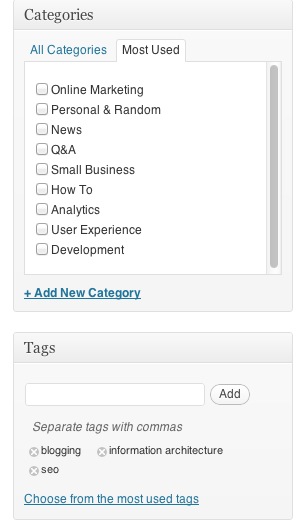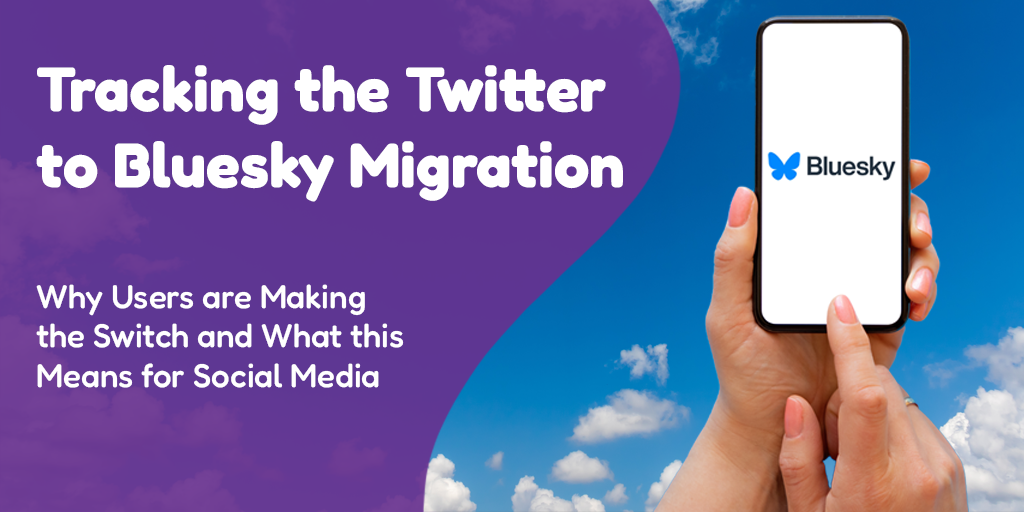There are many, many reasons that people write blogs. A few of the most common are personal blogs, blogs for the purpose of drawing in traffic to a site, informational blogs and photo blogs. While personal blogs may have the luxury of not paying attention to organization, the majority of blogs do not.
Why is Organizing Your Blog Important?
You certainly can choose to not make use of categories, tags, date archives and URL structure to organize your blog. You have that option. However, even for a personal blog I wouldn’t recommend it. You might want to be able to find something again, and good organization will be a big help. Other reasons to make use of the structures available:
 Ease of use for visitors. This is the user experience element. If you want people to enjoy and make use of your blog, you have to make it easy to use, and for a blog ‘use’ means ‘find things’. Making use of organizational structures groups related posts together even if you do not crosslink, making it easy for a reader to browse topics.
Ease of use for visitors. This is the user experience element. If you want people to enjoy and make use of your blog, you have to make it easy to use, and for a blog ‘use’ means ‘find things’. Making use of organizational structures groups related posts together even if you do not crosslink, making it easy for a reader to browse topics.- Ease of use for search engines. Search engines need a good user experience, too. If you want your blog posts appearing in a Google search, you want to make it easy for Google to read your site. Organizing your blog well makes it easier for search engines to index your content.
- Ease of use for you, the writer. If you want to reference a past post and link to it, it’s much easier to do so when you have a logically structured blog where things are easy to find. If you need to move your blog to another part of your site or to a new domain, it’s easier to do so without errors if your content is well organized.
As a search engine optimization consultant, I spend a significant amount of my time setting up blogs, telling people how to use them, and optimizing blog posts and structures. My focus is on attaining good presence in search and keeping visitors on site once they have entered, but the same blog organizational elements that make sense for search engines and good user experiences also make good organizational sense.
Stay tuned for Part 2, Setting Up Your Blog, where I’ll talk about having a blog vs being a blog, pages and posts, and good url structures.




